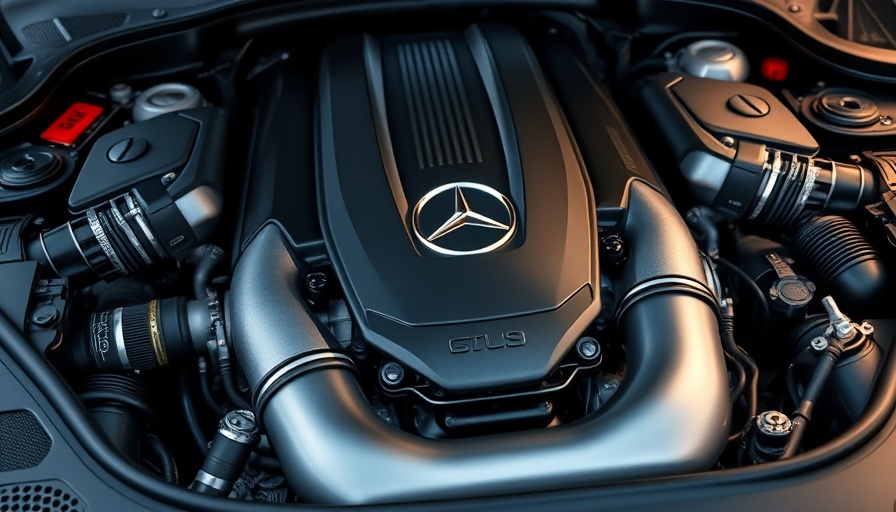
Understanding Vehicle History Reports: Why They Matter
Purchasing a used car can be exciting yet daunting. One of the most critical steps in ensuring a sound investment is getting a thorough vehicle history report. These reports reveal significant elements that affect the car's value and safety, ensuring you avoid unplanned repairs or financial loss. Key components to check include accident background, overall condition, ownership history, and market value—a comprehensive approach that can significantly steer your purchase decision in the right direction.
Spotting Past Accidents and Damage
It's imperative to examine any record of accidents in a vehicle history report. A car involved in significant collisions may carry hidden issues even after repairs are made. A trustworthy vehicle history report will detail the extent of damage, the collision's nature, and whether the insurance deemed the vehicle a total loss. With this knowledge, you can assess if the asking price is justifiable and determine the car's safety for driving.
Assessing Vehicle Condition Through Inspection Reports
Another vital aspect of vehicle history reports is the vehicle condition overview, often derived from previous inspections. This data can reveal if the car was well-maintained or if hidden issues exist, even if service records seem clean. Delving deeper into inspection results can help you steer clear of buys that might turn into costly headaches.
Ownership History: What It Tells You
The ownership background is crucial in understanding the car's maintenance quality. A vehicle with fewer previous owners usually signifies better upkeep and a consistent maintenance record. Conversely, if a car has had a series of owners or has been used as a rental, it might indicate higher wear-and-tear levels, potentially leading to future issues.
Market Value Insights to Negotiate Better
A comprehensive vehicle history report can provide market value information which is invaluable for negotiations. Understanding the fair value of a vehicle will empower you while discussing prices and can lead to better deals.
A Word of Caution and Final Thoughts
Before making a sizable investment in a used vehicle, reviewing its history can save you from future regrets. Taking these steps will help you make an informed decision and possibly save on unexpected expenses down the line. When in doubt, consult a trusted mechanic or automotive expert to enhance your vehicle evaluation process.
 Add Row
Add Row  Add
Add 




 Add Row
Add Row  Add
Add 
